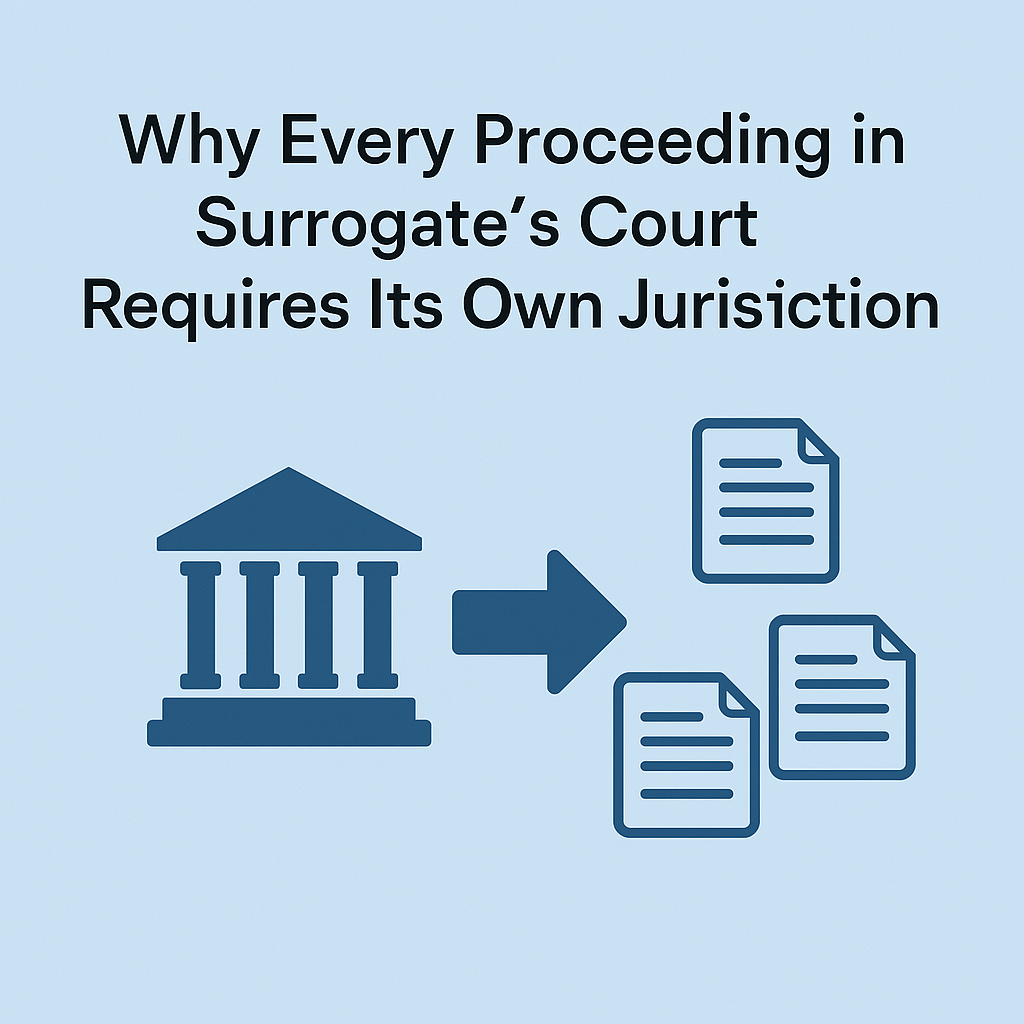New York City has recently implemented a law restricting short-term rentals, such as those offered by Airbnb and Booking.com. The new law aims to regulate the short-term rental market and to protect the city's rental market.
A short-term rental is a rental of any part of a residential unit for less than 30 days. This includes renting out a room, a couch, or an entire apartment or home. Short-term rentals are different from hotels, motels, bed and breakfasts, or other types of lodging that are licensed and regulated by the city.
Under the new legislation, renting out an entire apartment in a multi-unit building for less than 30 days is illegal if the owner or tenant is not present. Hosts who violate this law can be fined up to $7,500 for each illegal rental.
The short-term rental law, also known as Local Law 18, was adopted by New York City on January 9, 2022 and went into effect on September 5, 2023. The law requires short-term rental hosts to register with the Mayor’s Office of Special Enforcement (OSE), and prohibits booking service platforms from processing transactions for unregistered short-term rentals. The law also requires OSE to maintain a Prohibited Buildings list, which consists of buildings where short-term rentals are banned by law or by lease.
Amanda Hoover informs that New York City is not alone in regulating short-term rents and that other cities are "taking a different approach":
Dallas has limited short-term rentals to specific neighborhoods to avoid disruptive and dangerous parties. Elsewhere, the Canadian province of Quebec and Memphis, Tennessee, among others, now require licenses for short-term rentals. In San Francisco, the amount of time someone can list their entire residence for rent on Airbnb is limited to 90 days each year; Amsterdam puts that limit at 30 nights per year, Paris at 120 days. Berlin previously banned nearly all Airbnbs but walked the decision back in 2018.
New York City's law has been met with mixed reactions from the public. Some applaud the move as a necessary step to protect the city's housing market. Others argue that it unfairly restricts their ability to earn extra income by renting out their apartments.
Regardless of one's opinion on the matter, it is clear that the new law will have significant implications for both landlords and renters in New York City. Many of those who rely on short-term rentals as a source of income will need to find alternative means of making money.
Resources
Mayor's Office of Special Enforcement, Notice of Adoption of Final Rules Governing Registration and Requirements for Short-Term Rentals, nyc.gov.
Registration Rules and Law, nyc.gov.
Amanda Hoover, The End of Airbnb in New York, Wired, Sept. 5, 2023 ("Thousands of Airbnbs and other short-term rentals are expected to disappear from rental platforms as New York City begins enforcing tight restrictions.").
Hani Sarji
New York lawyer who cares about people, is fascinated by technology, and is writing his next book, Estate of Confusion: New York.








Leave a Comment